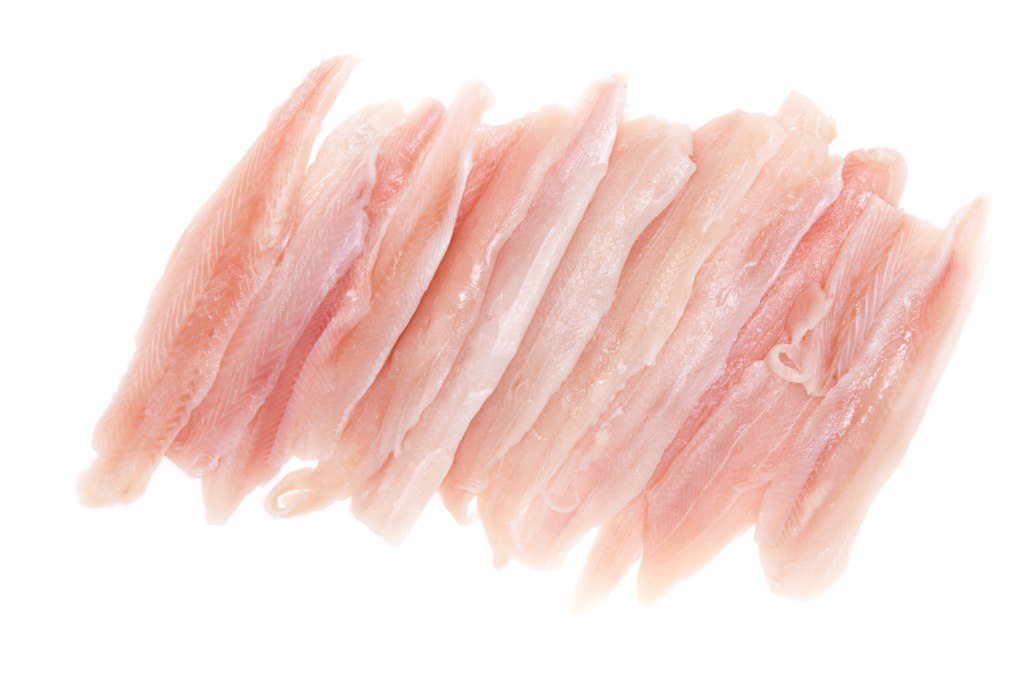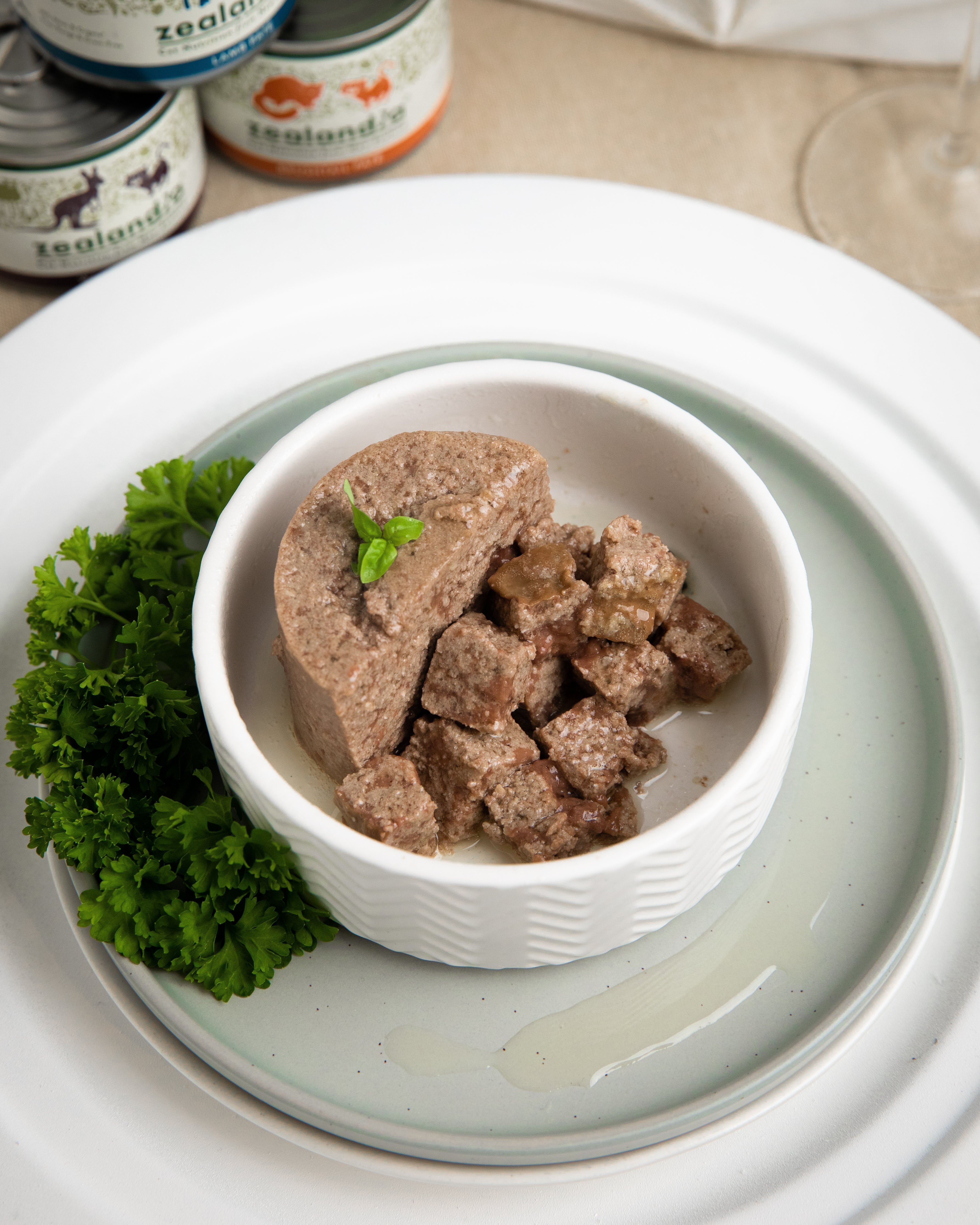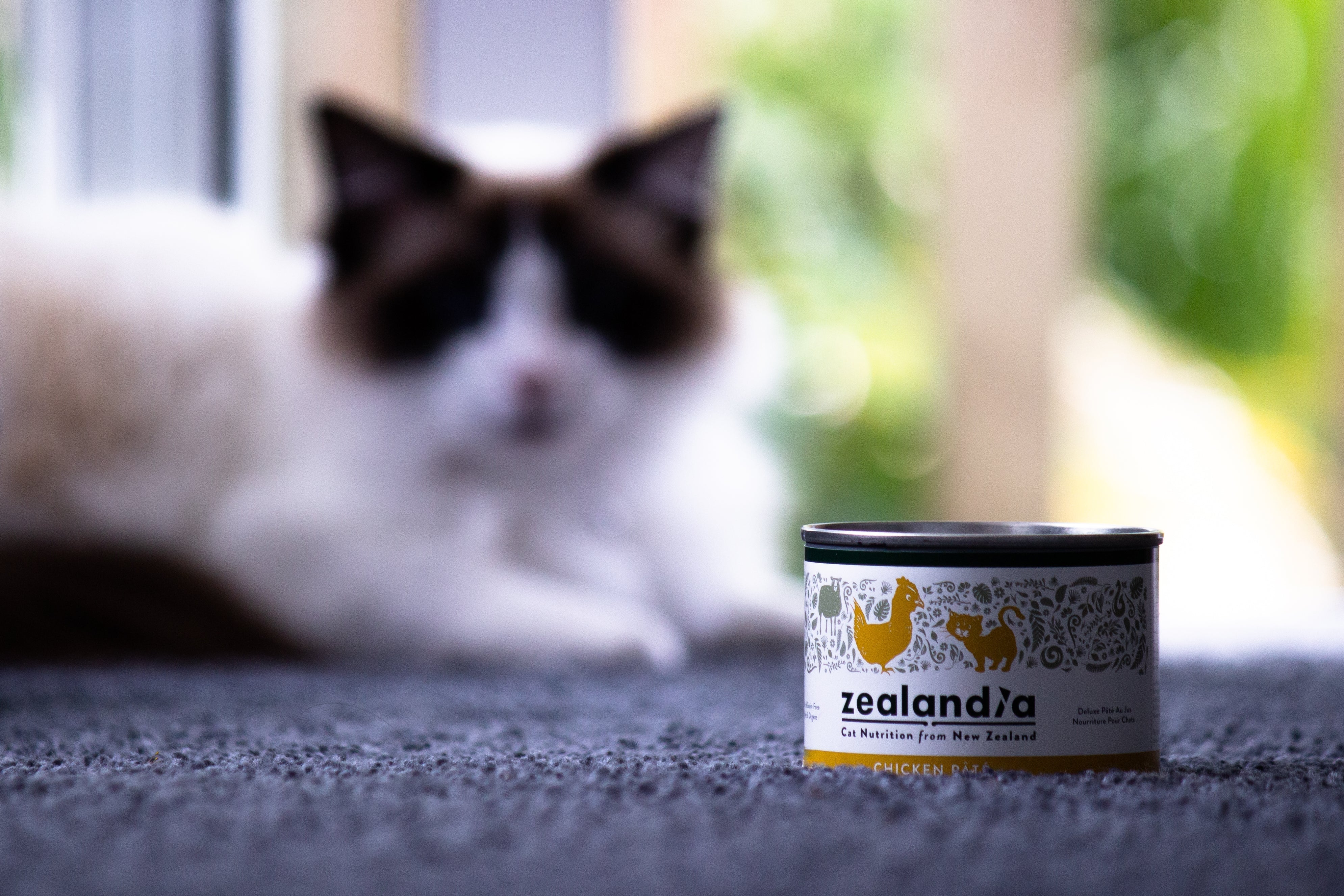What is Omega 3,6, & 9 and why is it important to my pet?

By Corinne Wigfall BVM(Hons) BVS(Hons) MRCVS
Omega 3, 6 and 9 are types of polyunsaturated fatty acids, PUFAs for short. They are absorbed through the gastrointestinal system and act at a cellular level to alter chemical pathways in the body to many advantageous effects. Omega 3s are concentrated in animal or marine sources such as fish, and omega 6 and 9 tend to be found in the plant, seed and nut products.
However, not all types of omega oils are equal when eaten by our pets. The three types of omega oils most relevant to pets are:
- ALA: alpha linolenic acid
- DHA docosahexaenoic acid
- EPA eicosapentaenoic acid.
ALA is mostly found in plant sources of omega oils, and DHA and EPA are found in animal or marine products such as salmon oil. Whilst ALA can be turned into DHA and EPA (stay with me here!) the conversion process in dogs and cats is minimal, at less than 10% for dogs, and almost 0% for cats.
Pets absorb the DHA and EPA types of omega oils more readily than ALA found in the plant based sources of omega oils. Therefore when looking for a source of omega oils to feed to your pets, it's important to look for marine (fish) sources, which are rich in the DHA and EPA omega oils.
Furthermore the body cannot synthesize (make) omega oils, so we need to provide omega oils to our pets through their diet or a supplement. Omega oils provide energy in the form of fats to the body. Fats provide the most energy per gram in comparison to protein or carbohydrate food sources, so a small amount of omega oils in a diet can pack quite the punch nutritionally speaking. When choosing a diet for your pet, always read the ingredients list (if the food doesn't have one- don't buy it!!) to make sure there are foods rich in omega oils, specifically DHA and EPA.
Examples of foods rich in essential fatty acids are fish such as salmon, green lipped muscle and tuna, nuts and plant oils.
Omega oils have many beneficial effects on the body, and have been used for hundreds of years in people and pets, the earliest record of omega oil use in people dates back to the 1700s!
So what are the main benefits to feeding omega oils?
Sharpen the mind
Omega oils are used by the brain as an energy, and as such are a very important supplement in senior cats and dogs. Omega oils help combat cognitive decline. Try to start feeding omega oils as young as possible, as cognitive decline can be a slow onset process, so you may not notice signs until the damage is advanced.
Omega oils are very important for our younger growing puppies and kittens, who are using their brains to the maximum trying to absorb and learn so many new things about the world they live in. Feed their minds by ensuring their diet is rich with omega oils. Fish like salmon and green lipped mussel have been shown to have easily absorbable concentrations of omega oils.
Joint health
Omega oils have anti-inflammatory properties, and when fed through food sources such as green lipped mussel can help regeneration and repair of cartilage. Cartilage is needed to cushion the impact of the joints and without a healthy cartilage bed, a painful inflammatory condition called osteoarthritis occurs. There are many documented sources showing omega oils have beneficial impacts when given to dogs with osteoarthritis. Whilst you may not notice a huge or overnight impact, the difference is often noted with time and continuous feeding of omega oils. Older cats and dogs, or pets who have had trauma to joints in the past, are most in need of supplements to help support aching joints.
Skin
Pets with skin disease will have defects in their skin barrier, and are more prone to inflammation of the skin, and secondary bacterial or yeast infections as a result of trauma to the skin barrier. Using omega oils can help nourish the skin and strengthen the skin barrier, and have been shown to have antioxidant effects and reduce the chain of inflammatory signals that lead to the itchy sensation in the body. Many pets owners report a glowing shine to the coat, which is a key indicator of pet health after feeding diets rich in omega oils. Using omega oils on a long term basis is a natural and safe way to help keep the skin barrier healthy, and vets often recommend omega oils in combination with medical therapies.
Cardiovascular health
Omega oils are polyunsaturated fatty acids - the ‘good’ types of fat. These have beneficial impacts on cardiovascular health. Dogs in heart failure have been shown in studies to have low levels of EPA and supplementation of omega oils reduced inflammatory mediators associated with cardiac disease, and may prolong lifespan.
In studies of dogs with atrial fibrillation, omega oils were beneficial to help with remodelling (repair) of the atria and reduced the frequency of atrial fibrillation in dogs after undergoing treatment to try and restart the heart in a normal rhythm.
Omega oils have anti-oxidant and anti-inflammatory properties, and can help pets with high blood pressure, a common problem in pets with cardiac disease.
Newer discoveries
Recent studies have shown omega oils can help patients with diabetes, cancer and kideny disease- a very common problem in older cats. We have no doubt many more benefits of omega oils will be discovered in years to come!
How can we give omega oils to pets?
It's really important to consider the bioavailability of a product. Supplementing your pet with human fish oils or omega oils may sound like a cost effective way to get the benefits of omega oils without the price tag of premium pet diets or products. However human fish oil capsules are often not absorbed, or poorly absorbed by your pets gastrointestinal system, so it means our good intentions are wasted, as pets cannot process the supplement. Instead look for natural ways to supplement omega oils such as in their diet, or use pet specific products with proven research to demonstrate efficacy. If you are unsure if a diet or product is suitable for your pet, just ask your veterinarian for some advice, they will happily assess the ingredient list to make sure your pet is getting the supplementation they need.
Pet supplements come in the forms of tablets, liquids and capsules, but you must remember to give the supplement daily, and as we know not all pets enjoy being given medications, especially as omega oils can be quite bitter in liquid or capsule form. For this reason, using a diet that is packed with omega oils through its ingredient list may be the easiest route to take, both for you and your pet.
Side effects of Omega oils
Side effects of supplementation of omega oils can include diarrhoea, or reduced appetite especially if giving a liquid supplement or over supplementing your pet. Always ask a veterinarian for advice if considering using supplements, or you are concerned the diet you are feeding contains an inadequate quantity of omega oils. Sadly AAFCO (the minimum standards all commercial dog food must meet to be sold in shops/online) does not require omega oils to be added to all diets, so always read the label and look for ingredients that contain natural sources of omega oils such as salmon and green lipped mussel.
Duration of effects
Omega oils need to be given long term (sometimes for life) to be able to see the health benefits. It takes a long time for the concentrations to build up in the body to have a meaningful effect on the chemical processes happening in the body. Therefore do not be disheartened if you are giving omega oils and not seeing the benefits straight away. Sometimes we see no benefits at all- but always remember a lack of deterioration (the problem getting worse) is still a huge benefit to your pet!
Conclusion
Omega oils have many health benefits for pets of all ages and health statuses. The body has a unique ability to take the omega oils and use them to target your pets specific needs at that time, be it targeting inflammatory pain, skin barrier defects or extra energy to fuel the body through the winter months. Whilst there is no known dose needed for optimum health, experts all agree that supplementing omega oils through the diet is a safe and helpful way to increase your pets health and wellbeing.



